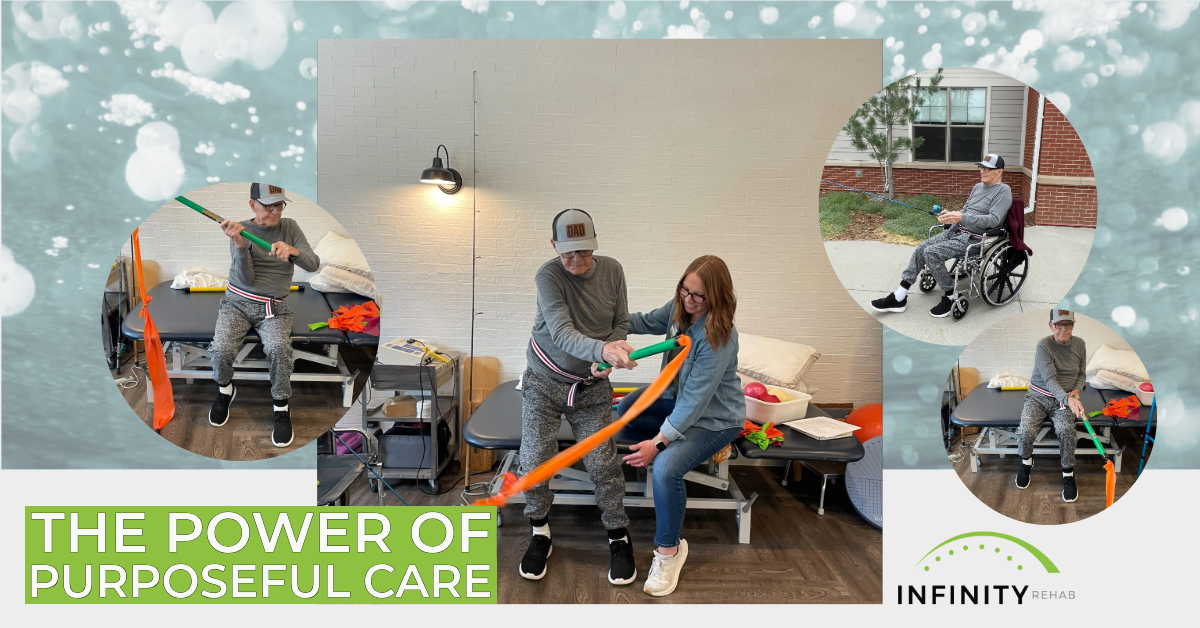My interest in the Medicare appeals process is fairly new, however I have long been dedicated to the importance of documentation in the clinical setting. As the RAC process has become a pressing issue with management and administration, I’ve found I enjoy organizing, researching, and contributing however I can. I am actively involved in medical record reviews, letter writing, and developing a definitive process for addressing reimbursement denials. My contributions at this juncture are focused on study and review of the Medicare Manuals and the integration of this information into the appeal letters.
My experience thus far, working closely with my Director of Rehab, Amy McCarthy, has revealed a great opportunity for our company to develop a comprehensive RAC process.
What we have started to develop is a system of checklists, review grids and timelines in order to help organize the (exhaustive) breadth of information that is involved in a review or appeal. In my opinion, a rigorous response to the initial Additional Documentation Review (ADR) is required. A serious and multi-discipline review of the entire medical record is needed from the beginning, with specific attention directed to documented skilled services (nursing and therapy). With an excellent review of the medical record, we have the opportunity to write a statement or position letter, bulleting where the documentation supports medical necessity at the level billed. In my opinion, if we can present an organized, comprehensive medical review in response to the ADR, there is a greater likelihood of a favorable response. At the very least, having done significant review at the ADR level, the next steps in the appeal process will become easier.
The technical detail of what Medicare is reviewing can be overwhelming. There are several opportunities in the record that can flag for a technical denial, like a missing Physician certification, illegible documentation or single document missing from the ADR. At the clinical level, what has become apparent in my review of medical records is the lack of skilled language supporting medical necessity. We as clinicians have now heard this countless times, gone through multiple trainings, and have been drilled on the importance of this. Fortunately with the use of electronic documentation, this has become easier to “build” our notes, wrought with skilled language and rationalizations. Utilizing the resources we have to make our documentation strong is imperative to favorable findings in the future. In my opinion denials for services at the SNF level will continue across payors, and definitely become more voracious as the rehabilitative healthcare environment evolves. Therefore it is a challenge (and kind of fun!) to make sure our services are undeniable to the people that we serve.
I am currently pursuing additional certification to be a Resident Assessment Coordinator (RAC-CT) in order to integrate the nursing side of skilled service (including MDS and Care Assessments) with the therapy side of skilled service (PPS coding and RUGs). With this certification I hope to bring a larger scope of understanding to clinicians involved in the RAC process in their buildings. I am excited to help Infinity become a leader in this area.
_______________________________________________________________
Melissa Fryer MA, CCC-SLP has been a Speech Pathologist with Infinity Rehab since 2006. Her primary facility is Village Healthcare in Gresham, Oregon, but she has worked at multiple facilities in Oregon and Washington since starting with the company. Melissa is passionate about interdisciplinary treatment and making the practice of speech pathology in SNF’s as functional and holistic as possible. Melissa is an active Clinical Instructor and Mentor to Clinical Fellows.







